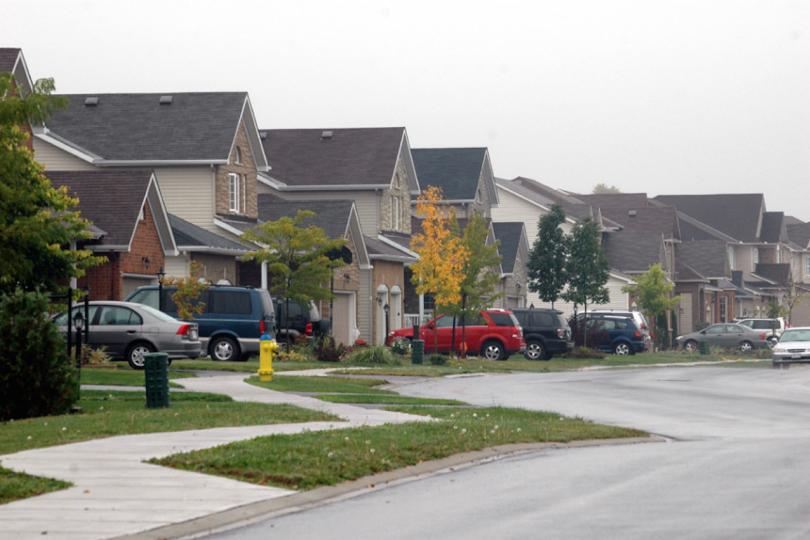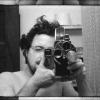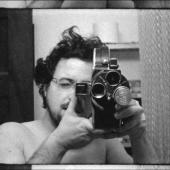Dialogue 4: What else do I know about anything?

Hi again!
For some reason, this time my eye caught the word “agitate.” Not a bad action verb – and when I see a word like that I always like to think of the non-metaphorical useage. “To stir, to disturb something, especially a liquid.”
I appreciate plays that make my world bigger or more complex. If playwrights, filmmakers or any kind of artist is trying to stir me up without adding anything new to my understanding of the world, I feel like they’re wasting my time. Like you said, the BLM protests have an element of theatre, but primarily they have content: they reveal the world to me, the profound stakes of a conflict that’s been going on around me for generations, that I’ve somehow lived this long without noticing.
Way back in 2001, I faced this dilemma as a newly minted graduate from film school at the University of Southern California. I was a good student, talented, willing to work hard, with a considerable number of highly motivated friends in my cohort, all poised to enter the film industry and hustle our way to the top. A number of the people with whom I graduated are quite successful now. But I left, I walked away, mere weeks after graduating. What was I thinking, you might ask?
In fact, I remember exactly what I was thinking: though I had skills and potential, on some level, I was aware that I didn’t know anything about anything yet. I had written one feature-length screenplay about growing up in a fancy suburb of Minneapolis, hanging out with a bunch of suburban teen punk rockers.
I remember, really vividly, these thoughts arising: “What else do I know anything about? What material do I have to work with? Am I ready to go off into Hollywood and try to write and direct? What do I really have to say that’s of any value to anyone at this point?”
I think that not all, but a whole lot of our media is created by people in exactly this situation: smart and talented, young and upper-middle class, college and MFA-educated writers and directors. Who know very little about anything beyond their own coming-of-age, going to school, and working professionally in the entertainment industry.
So, they have very little to offer that would expand or complicate my understanding of the world. And since there are so many of them, a lot of what they might have to say has probably been said, again and again.
There are good movies, and good shows, and I’m sure, good plays about this short list of topics. In one sense, no life experience is less valid than another life experience – but I think, if one has never experienced truly high stakes in life, as a general rule, it’s extremely hard to convincingly fictionalize high stakes on the screen or on stage.
It’s maybe common knowledge at this point that for most of the 20th Century, our movies and television were made by people who didn’t learn how to do it in school. Hollywood was populated first by vaudeville stars, by immigrants from pre- and post-war Eastern Europe, by tradespeople who showed up and worked their way into positions of power over the course of decades. Though USC film school was founded in 1929, it wasn’t really until at least the 70s or later that film education started to become a prerequisite for working in the industry.
Could something similar be said of playwrights and directors for the stage? I imagine they came up through journalism and acting, and didn’t start getting advanced degrees until a similar era. But I don’t actually know; care to educate me on the subject?
So, as to why all the superhero movies are about passivity and daddy issues – I would say, that’s probably what the screenwriters have to work with, i.e. – not much. When one’s understanding of human psychology and relationships comes mainly from one’s own therapy sessions, along with a cursory grasp of Joseph Campbell, I suppose that’s the whole available palette of human emotion and motivation at one’s disposal.
I know that’s harsh, but I’m not describing Credited Screenwriter #7 on The Avengers: Adventures in Vengeance… I’m describing myself at 22, the professional writer/director I would have become, I think, if I hadn’t gotten out of there, lived through some messy 20-something life experiences, seen a few things… and still, my sense of context and stakes are limited by my experience, my relative comfort in the world.
But at least now, in my late 30s, I feel like I’m finally starting to get a sense of what I know and what I don’t. If I hadn’t first grasped the limits of my understanding in 2001, I shudder to contemplate the vapid junk I might be getting paid to write today.
Since I got at least a little bit personal here, want to share your experience as a playwright, both early in your artistic career and more recently?




